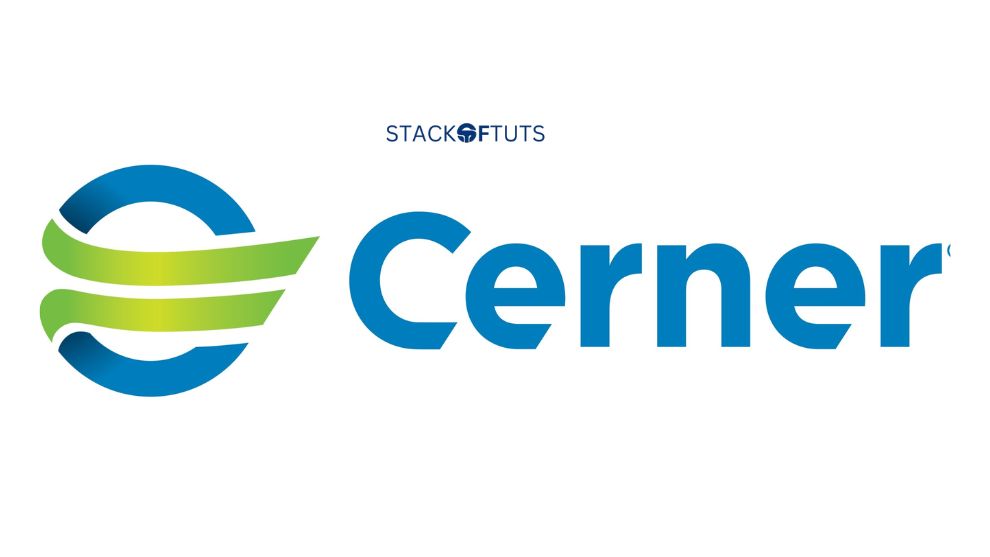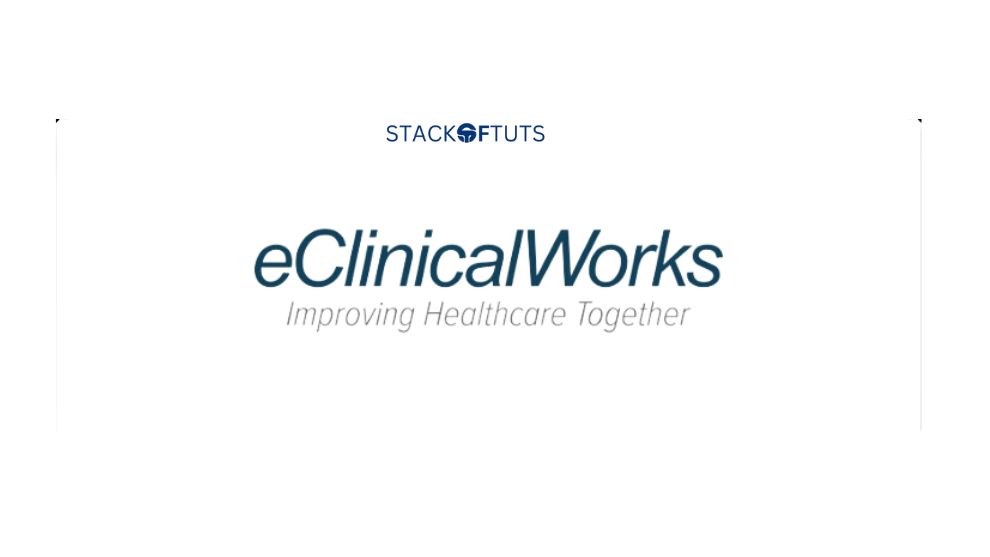
Electronic Medical Records (EMR) and Electronic Health Records (EHR) software systems are crucial for the seamless operation of healthcare services. Among their many functionalities, claim review and management is a significant component, directly impacting the financial viability of healthcare practices. In this article, I will discuss the best EMR/EHR software systems in 2024 that offer robust claims review and management modules.
For a complete guide also read about Top Healthcare Artificial Intelligence Software dive into this link for exclusive insights and captivating discoveries!
EMR/EHR Software
EMR/EHR software, which stands for Electronic Medical Record/Electronic Health Record software, is an essential digital tool designed for the storage and management of patient medical records. This software is versatile and serves a broad range of healthcare professionals, such as doctors, nurses, hospitals, and clinics.
Key Features of EMR/EHR Software:
- Recording patient demographics and contact details.
- Documentation of medical history, including allergies, medications, and vaccinations
- Integration of laboratory and test outcomes.
- Compilation of imaging results.
- Inclusion of clinical notes.
- Management of prescriptions.
- Handling referrals.
- Implementation of a claims review and management system
Claims Review and Management System
This system is specialized software used in healthcare to facilitate the submission, review, and management of insurance claims. It streamlines the claims process, minimizes errors, and aims to enhance reimbursement rates.
Features of Claims Review and Management Systems:
- Claims scrubbing and validation
- Medical code lookup and assignment.
- Denial management.
- Reporting and analytical tools.
- Integration with various healthcare systems.
Importance of Selecting the Appropriate EMR/EHR Software for Claims Review and Management
Choosing suitable EMR/EHR software is crucial for effective claim review and management. This software not only automates the claims process, saving time and reducing errors but also ensures accurate medical coding for better reimbursement rates. Additionally, it plays a vital role in tracking and managing denied claims, as well as facilitating the appeal process when necessary.
Furthermore, the right EMR/EHR software can assist healthcare providers in identifying and rectifying inefficiencies or errors in their claims processes, thereby boosting reimbursement rates and profitability.
Considerations for Choosing EMR/EHR Software for Claims Management:
- The size and specialization of the healthcare practice
- Budget constraints.
- Specific needs and requirements.
- User reviews and feedback
- Software features and capabilities.
Related post: Top EMR Software for Diagnostic Assistance
Top 10 EMR/EHR Software for Claims Review and Management System
1. Epic Systems

Epic is a leader in the healthcare software industry, and its integrated claims management feature is a standout. It facilitates thorough reviews, accurate claims submission, and effective tracking of reimbursements.
2. Cerner

Cerner’s Millennium EHR platform includes comprehensive claims management functionality that simplifies the billing process. Its ability to detect potential errors before submission reduces denials and improves revenue cycle timings.
3. Allscripts

Allscripts Payerpath, as part of its suite, offers a powerful claims management system that enhances the accuracy and timeliness of claims processing, contributing to improved cash flow for practices.
4. eClinicalWorks

This popular electronic health record (EHR) system comes with a strong revenue cycle management system that speeds up the whole claims process, from submission to payment, which helps healthcare providers make the most money possible.
5. athenahealth

Athenahealth’s EHR system is known for its billing efficiency. It provides real-time visibility into claims status and helps practices manage denials effectively, ensuring prompt payment and revenue consistency.
6. Kareo

Designed specifically for the needs of small to medium-sized practises, Kareo’s EHR and medical billing software simplify the complexities of claims management, ensuring that practises get paid faster.
7. NextGen Healthcare

NextGen’s integrated solutions help practices manage the entire patient encounter— from eligibility through claims submission to final payment— reducing errors and streamlining the revenue cycle.
8. Greenway Health

Greenway’s Intergy EHR platform offers an intuitive claims management process that includes claim scrubbing features to reduce errors and rejections, speeding up the reimbursement process.
9. McKesson

McKesson’s Practice Partner EHR includes a patient accounting and claims management module that helps improve claim accuracy and speeds up the reimbursement cycle for healthcare providers.
10. Meditech Expanse

Meditech Expanse’s financial solutions integrate with its EHR, providing tools for comprehensive claims management, including scrubbing, submission, and follow-up, in one seamless workflow.
FAQs
EMR/EHR software primarily handles patient record management, including medical history, test results, clinical notes, prescriptions, and referrals. It also features a claims management system to streamline insurance processes.
This system improves efficiency and accuracy in processing insurance claims, reducing errors and enhancing reimbursement rates through features like claims validation, code assignment, and denial management.
The right EMR/EHR software automates and accurately manages the claims process, reducing errors, ensuring proper coding, and assisting in managing denied claims, crucial for financial efficiency in healthcare practices.
Healthcare providers should consider their practice size, budget, specific needs, user reviews, and software features to ensure the software meets their operational and financial objectives.
Conclusion
These EHR/EMR systems stand out because they can review and manage advanced claims. This shows that healthcare billing and revenue cycle management are moving more and more toward automation and accuracy. They ensure that healthcare providers can maximize their revenue while minimizing administrative burdens, contributing to more efficient and financially stable healthcare practices.
Thanks!





